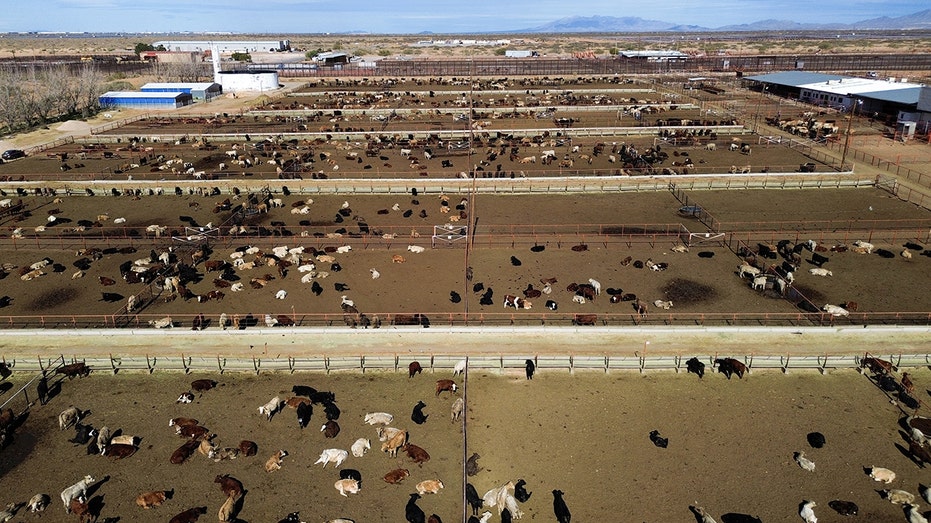
A Temporary Ban on Livestock Imports
The U.S. has enacted a temporary ban on livestock imports across southern border ports of entry. This decision aims to combat the spread of the new world screwworm, a serious and potentially deadly parasite that poses significant risks to livestock health.
What is the New World Screwworm?
The new world screwworm (Cochliomyia hominivorax) is a parasitic fly that primarily targets warm-blooded animals and can even infect humans under certain conditions. The larvae of this fly cause severe wounds and can lead to fatal infections if not treated promptly. Farmers and ranchers have expressed concerns over the economic implications of an infestation, as it can result in substantial losses.
Why the Ban is Necessary
Officials argue that the halt on livestock imports is crucial for protecting U.S. agriculture and livestock health. The Centers for Disease Control and Prevention (CDC) has raised alarms about the invasive nature of the screwworm, which historically has led to devastating outbreaks in the U.S. in the past.
Experts Weigh In on the Risks
According to Dr. Maria Jamieson, a veterinary parasitologist, “The new world screwworm is a formidable threat to animal health. Its rapid spread can devastate herds and farms, impacting food supply chains across the country.” The decision to suspend imports comes following an increase in reported cases near the southern border.
Potential Impact on the Livestock Industry
The livestock sector is a critical part of the U.S. economy, contributing billions of dollars annually. However, experts caution that the potential spread of the screwworm could lead to significant production losses.
- Economic repercussions for farmers and ranchers.
- Increased veterinary costs due to the need for treatments.
- Challenges in maintaining healthy livestock populations.
To mitigate these risks, authorities are implementing enhanced inspection protocols at ports of entry. The U.S. Department of Agriculture (USDA) is also collaborating with Mexican officials to monitor and control the parasites.
Broader Implications for U.S.-Mexico Trade
This ban on livestock imports may strain U.S.-Mexico trade relations, particularly for farmers who rely on cross-border transactions for livestock and cattle. Javier Cuadrado, a trade attorney specializing in agribusiness, states, “While the health of livestock is paramount, we must also consider the economic ties that bind our nations. Efficient communication and border practices will be necessary to address these challenges promptly.”
What’s Next?
Authorities are working diligently to track the spread of the screwworm. Officials have emphasized that as soon as the situation is under control, the ban will be lifted. This situation closely aligns with efforts in public health and biosecurity measures meant to protect agricultural systems.
Farmers and agricultural stakeholders are urged to stay informed and cooperate with local and federal agencies during this temporary ban. By observing proper hygiene and monitoring livestock health, they can help mitigate future outbreaks.
As the situation evolves, the USDA and CDC will continue to provide updates on livestock health and ongoing measures. The ongoing monitoring at ports and collaboration with Mexican authorities are pivotal in ensuring the safety of the livestock industry in the U.S.
Reference: [Source: Fox News]

